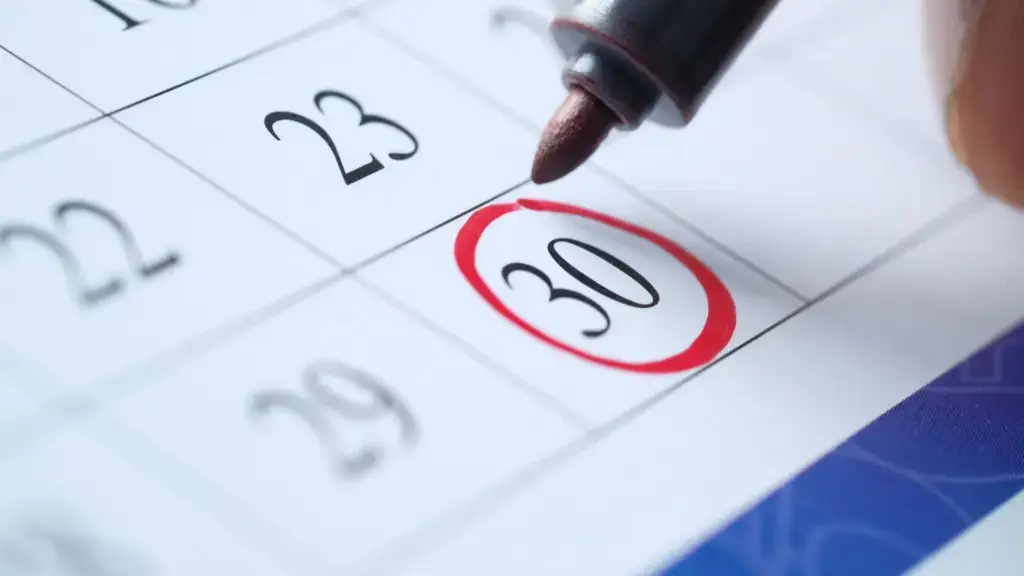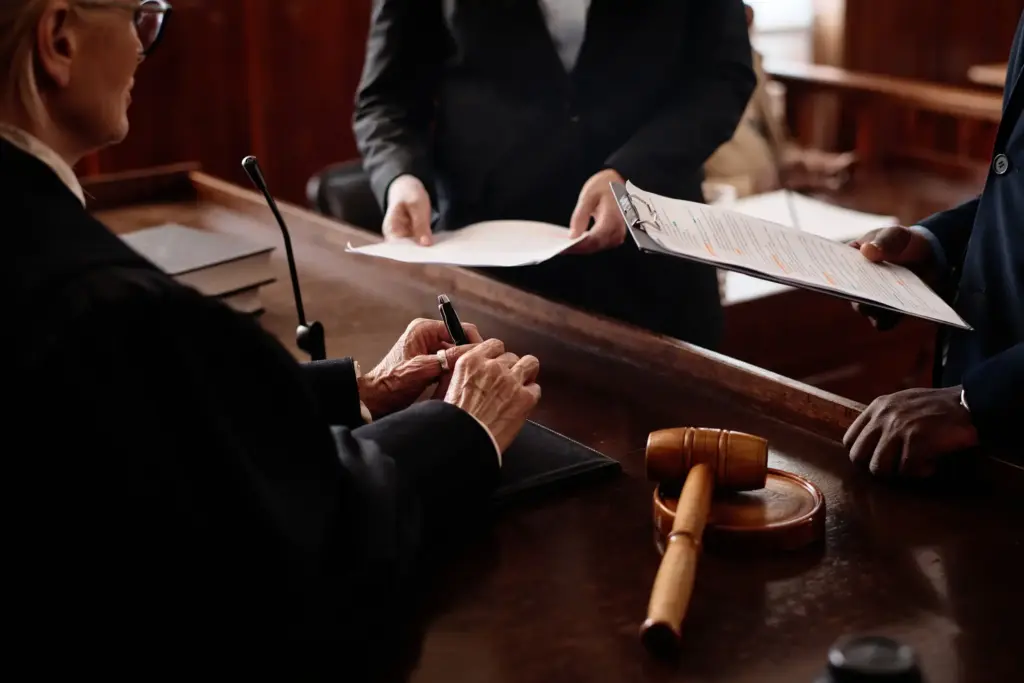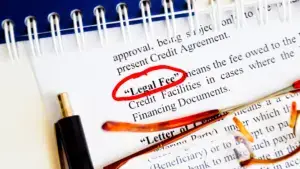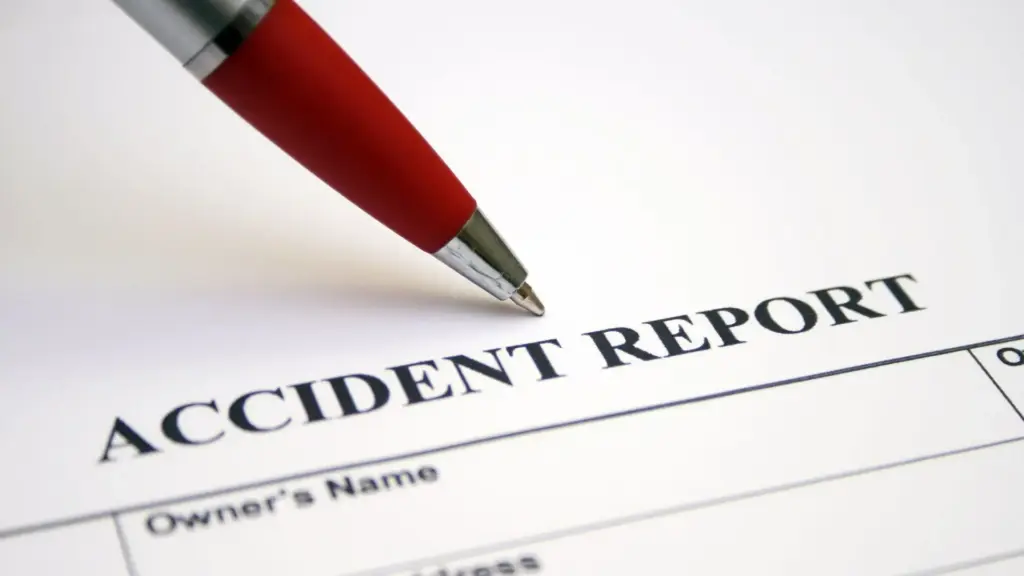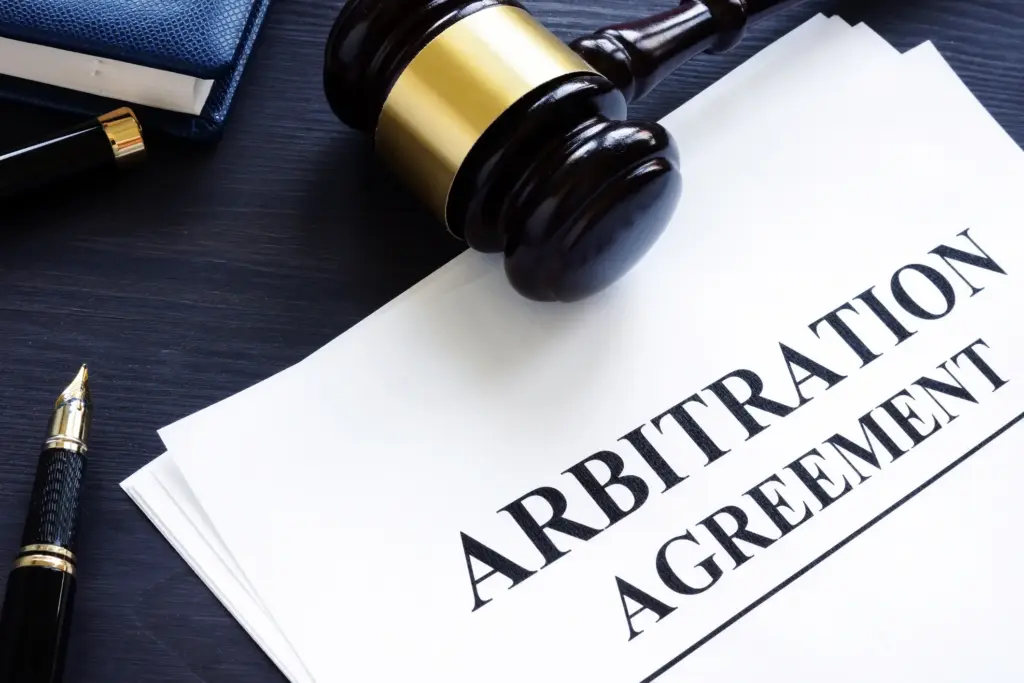Having the right questions to ask a lawyer will give you a better sense of understanding in knowing if they have the expertise needed to handle your case. Whether you are unsure of what type of legal services you are looking for, how much it will cost, or how to file a claim, receiving answers from someone with legal experience can give you a peace of mind. They will help you determine the best course of action to take and explain how to proceed with confidence.
From reviewing your materials and considering your money concerns to offering professional guidance, a trusted law firm will ensure you know what to expect once you decide to move forward with your claim. Once you have verified credentials and confirmed if they are certified, you can get started with your consultation simply by reaching out via phone or their website, and expect them to respond in a timely manner to get you started on the legal process.
1. What Experience Do You Have with Cases Like Mine?
A lawyer who has relevant experience with your type of case will know how to effectively approach the situation and anticipate common challenges that may arise. Their understanding of how the court system works and what they expect out of insurance companies can give you a big advantage. When asking this question, be sure to have them share some examples of past cases. Do not hesitate to request results either. But, you should keep in mind that sensitive or confidential information may not be shared.
2. What Is Your Success Rate in Cases Similar to Mine?
Knowing a lawyer’s track record will help you get a grasp of what they have to offer and whether it will be enough for you to receive a favorable outcome. Success rate is not just about winning cases, but it also involves negotiating settlements and/or resolving disputes. You should ask them about their successes and if they faced any complications along the way to get an idea of what their skills and capabilities consist of.
3. How Long Do You Expect My Case to Take?
Personal injury cases can last anywhere from a few weeks to years based on the severity of the situation. Court availability and cooperation from the opposing party may also affect the legal process. Knowing what potential delays may extend your lawsuit early on can reduce stress and prevent you from setting up unrealistic expectations. So, when speaking to a lawyer, you should ask about typical delays and what it could be caused by.
4. What Are My Chances of Winning or Reaching a Favorable Settlement?
Each case has its own uncertainty. A lawyer’s assessment will give you a perspective on potential results, allowing you to make informed decisions in terms of pursuing a lawsuit, negotiating, or settling a case. This will give you an idea on how much time and emotional investment will be required to reach such an outcome. Excellent lawyers should provide a reasoning for their evaluation rather than a vague or general answer as it can provide a clear and transparent approach to your lawsuit.
5. What Are the Potential Risks or Downsides of Pursuing This Case?
Litigation can involve emotional strain, time commitment, and financial costs. Recognizing these risks early on can help prepare you for your case or even get you to decide whether it is worth pursuing. Our word of advice would be to ask the lawyer for examples of challenges they encountered in similar cases and how it was addressed.
6. How Do You Communicate with Clients?
Client communication is important when pursuing legal matters. Some lawyers may provide updates only when they think it is necessary whereas others will maintain frequent check-ins. Knowing the communication style that they will bring to the table will help you understand when and how future interactions will play out. Try to express your expectations of response times and preferred methods of communication to form a stable attorney-client relationship.
7. How Often Will I Receive Updates About My Case?
Regular updates will help you understand what is going on with your case. This will give you time to fulfill legal obligations in a reasonable and prompt manner. Be sure to ask if ongoing developments will be shared automatically shortly after it has been made or only if significant developments occur.
8. What Are Your Fees?
Legal fees will vary for each type of case. Knowing how a lawyer charges for their legal services, whether it is an hourly rate or contingency fee, can help you plan financially and ensure no hidden costs are presented. You should ask for a written fee agreement that highlights the charges involved in your case and if any potential additional expenses will be included.
9. Are There Any Upfront Costs I Should Be Aware Of?
Understanding financial obligations when hiring a lawyer is important. Some will charge hourly rates, meaning you will pay them for the time spent on your case (typically requiring a retainer fee upfront). Others will handle cases on a contingency-fee basis, in which you owe nothing unless they win or settle your lawsuit. While this does not usually require upfront fees, you may still need to cover the following expenses:
- Court filing fees
- Deposition costs
- Expert witness expenses
You should ask the attorney to outline possible costs in writing and clarify whether it will be deducted from your settlement or billed to you separately. This will help you plan your budget costs effectively.
10. Who Else in Your Office Will Be Handling My Case?
In most personal injury law firms, paralegals, legal assistants, or support staff will step in to help with research, filings, or client communication. Understanding the team structure will help you get clarity on who you will be interacting with when it comes to certain legal matters. To fully grasp how work will be distributed, you should ask what specific responsibilities will be divided.
11. What Documents or Evidence Do You Need From Me?
Providing documents or evidence will help you develop a strong personal injury case. Lawyers may often request a copy of contracts, medical records, or police reports depending on the situation presented. To ensure you give them the information they are looking for, you can request a checklist of items and keep duplicates at hand for quick and easy access.
12. Have You Handled Insurance Disputes or Negotiations Before?
Personal injury and property claims typically deal with insurance companies. Lawyers who have experience with negotiations can ensure you are granted fair compensation, and will prevent you from making mistakes that could weaken your case. During the discussion, ask for examples of cases they were able to successfully negotiate and learn what approaches they implemented to deliver results.
13. How Do You Handle Situations Where the Opposing Party Uses Social Media or Online Content Against a Client?
Online content is commonly used in personal injury cases. Lawyers who know how to reduce risks from posts, messages, or photos can protect you against unnecessary complications. Our suggestion in this case would be to ask about content that should not be posted on social media and how evidence could be collected or used against you if you do move forward with a lawsuit.
14. Are There Any Alternative Ways to Resolve This Without Going to Court?
Some alternative ways to resolve a case without going to court include the following:
- Mediation
- Arbitration
- Settlement negotiations
Either of these can help you save time and money when compared to litigation. Exploring the options presented can also lead to a quicker and mutually agreeable resolution. When you go over this topic with your attorney, you should ask them about the pros and cons for each legal option and whether they have experience facilitating such methods.
15. What Should I Do (or Avoid) While My Case Is Ongoing?
Your actions can affect the outcome of your case, whether it is from what you post online or what you share to others in person. Receiving guidance from a legal expert can help prevent unintentional harm that could tamper with your opportunity to recover compensation you are entitled to. Be sure to ask for do’s and don’ts during your consultation. This should specifically apply to handling evidence, communicating with the opposing side, and how to maintain your social media presence.
Have Any Questions About Your Personal Injury Case? Get Answers From West Coast Trial Lawyers Today
We are here to answer any questions you have about your claim, review documents presented, and offer guidance to direct you into the right path. Whether you are preparing yourself to move forward with your case or just want to get clarity on your situation, our team is available with just a phone call or message away.
To book a FREE consultation, you can get in touch with us by calling (213) 927-3700 or filling out our easy online contact form.



